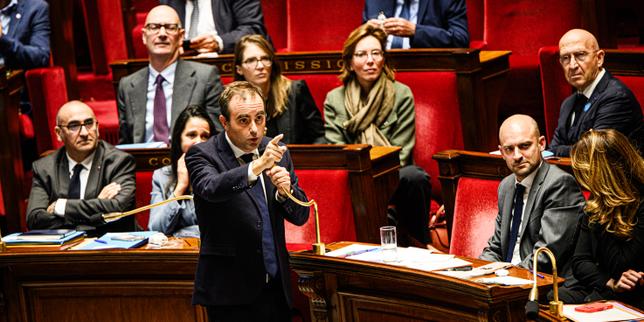Pension Reform Suspension Spurs Political Turmoil and Government Trust Crisis in France
France's suspension of pension reform triggers political strife, Senate opposition, internal party disagreements, and budgetary pressures, highlighting government instability.
- • Prime Minister Sébastien Lecornu faces strong Senate criticism over pension reform suspension, with limited parliamentary support.
- • Édouard Philippe leads opposition within Horizons party, opposing suspension and sparking internal divisions.
- • Two censure motions against the government reflect political fragility but are unlikely to pass.
- • European Commission demands France fulfill deficit reduction promises, influencing the 2026 budget planning.
Key details
The suspension of France's pension reform until after the presidential election has ignited intense political discord and increasing scrutiny of Prime Minister Sébastien Lecornu's government. During a recent Senate session dominated by Les Républicains and centrists, Lecornu's policy statement on the issue drew scant support, with only about twenty parliamentarians applauding him, underscoring his political vulnerability. LR senators, led by Mathieu Darnaud, have firmly opposed any "renoncements," demanding governmental transparency and clarity on pension reform plans.
Centrist voices, such as Hervé Marseille, expressed concerns over a problematic method and trust deficit, criticizing the government’s exclusive dialogue with socialists while sidelining supportive political factions. Claude Malhuret from Horizons accused Lecornu of excessive appeasement toward socialists, warning of Senate resistance to such influences in upcoming budget debates. The Senate's disapproval raises the risk of difficulties integrating the pension reform suspension into the budget law, especially with potential conflicts requiring resolution by a mixed parliamentary commission, where opposition senators could hold significant sway.
On the political front, Édouard Philippe, presidential candidate and leader of the Horizons party, has denounced the suspension, positioning himself distinctly from President Macron's camp. Philippe's stance favors neither government support nor censure without concrete pension reform guarantees. This position has sparked internal tension within Horizons, with Vice-President Christelle Morançais advocating for a government censure motion—a move contested by Philippe—highlighting fractures within the party amid the broader governmental crisis.
In the National Assembly, two motions of censure against Lecornu's government will be debated but are unlikely to succeed. Yet, the motions spotlight the Prime Minister’s fragile political position. Notably, at least five socialist deputies plan to oppose the government over perceived neglect of overseas territories in budget considerations, while some LR deputies and independents may throw support behind the censure motions.
Fiscal responsibility concerns also weigh heavily, with the European Commission pressing France to uphold its deficit reduction commitments. The upcoming 2026 budget includes plans to cut about 20 fiscal niches—expected to yield €5 billion—with measures such as pension freezes, taxes on holdings, and higher levies on top incomes. Changes to tax benefits for E85 biofuel, potentially increasing prices substantially, also feature in the government's strategy to present a "serious and reliable" fiscal plan amid this fraught political environment.
Overall, the suspension of pension reform has revealed deep fractures within French political parties, government instability, and mounting pressure from European institutions, setting the stage for complex negotiations and political maneuvering in the weeks ahead.
This article was translated and synthesized from French sources, providing English-speaking readers with local perspectives.
Source articles (4)
Source comparison
Latest news
Katy Spicher Sues French State for Denial of Justice Over Unsolved 1983 Murder of Her Mother
French Public Sees Rise in Political Violence Amid Pre-Municipal Election Tensions
Businesses Drive French Economy Amid Rising Financial Challenges for Youth
France Climbs to 4th Place in 2026 Winter Olympics Medal Table After Biathlon Relay Gold
XV de France to Field Largely Unchanged Lineup Against Italy in Six Nations
France and India Deepen Strategic Partnership with Focus on AI Regulation and Defense Cooperation
The top news stories in France
Delivered straight to your inbox each morning.


